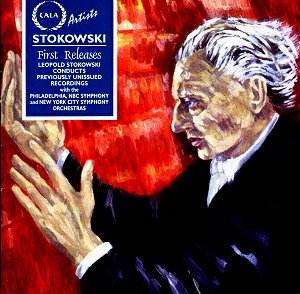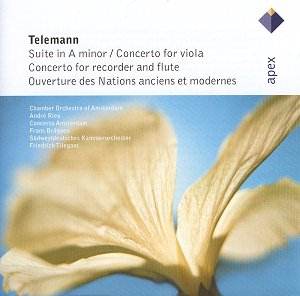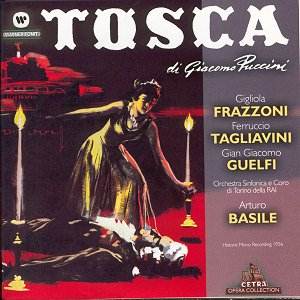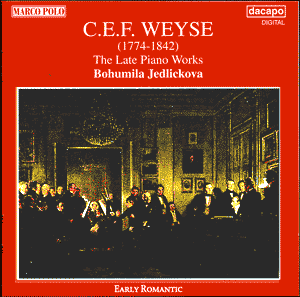 Composer: Leopold Stokowski
Composer: Leopold Stokowski
Works: La Marseillaise (de Lisle), Serenade (Schubert), Saltarello, Balance Test March, Oh, Susannah, Pastoral Symphony from Messiah, Dance of the Seven Veils from Salome, Solitude, Sunset Reflections from Adirondack Suite, Marche Slave, Etude in C sharp minor, Tyrolean Dances from Deutsche Tanze Op 33, Romeo and Juliet Fantasy Overture
Performers: Philadelphia Orchestra, NBC Symphony Orchestra, New York City Symphony Orchestra
Recording: 1927-1944, previously unreleased
Label: Cala CACD 0502
The music of Leopold Stokowski, an iconic figure of the 20th-century conducting scene, is often characterized by its vibrant orchestral color and imaginative interpretations. This newly released compilation, “First Releases,” spans recordings made between 1927 and 1944, showcasing Stokowski’s audacious arrangements and his ability to elicit vivid performances from three of the orchestras he led. The collection not only highlights lesser-known works but also serves as a testament to Stokowski’s unique interpretative vision, blending historical fidelity with a dazzling display of orchestral virtuosity.
The first track, an arrangement of “La Marseillaise,” offers a playful insight into Stokowski’s whimsical side, punctuated by the exuberant audience response. This lively performance is emblematic of the conductor’s ability to infuse energy into a traditional piece, transforming it into a jubilant celebration. The “Balance Test March,” a curious and somewhat irreverent piece composed by Stokowski himself, invites the listener to reflect on the conductor’s sometimes irreverent approach to the orchestral canon. While it may provoke a chuckle, it also serves as a reminder of Stokowski’s willingness to break free from conventional boundaries.
The selection of Schubert’s “Serenade” and Handel’s “Pastoral Symphony” illustrates Stokowski’s mastery in maintaining lyrical line and lush string textures. Particularly striking is the Handel, where the slow tempo allows for a careful unfolding of the melodic line, showcasing Stokowski’s skill in creating sweeping arcs of sound. The recording quality, especially for a collection of previously unreleased works, is surprisingly robust, capturing the grain and warmth of the orchestral timbres, although some instances reveal a hint of unevenness in ensemble cohesion typical of the era.
Stokowski’s interpretation of Tchaikovsky’s “Marche Slave” is a vigorous affair, brimming with bold contrasts and a palpable sense of drama. Although one might argue that the intensity could border on excessive, there is a compelling energy that propels the performance forward. The “Romeo and Juliet Fantasy Overture,” perhaps the crown jewel of this collection, benefits from Stokowski’s trademark sensitivity to dynamic shading and a keen sense of narrative. His choice of a quiet ending, a deliberate deviation from conventional performances, invites contemplation, leaving the listener in a state of reflective silence.
The engineering of these recordings merits commendation, particularly given their historical context. The clarity achieved in the 1937 Strauss “Dance of the Seven Veils” stands out, revealing the nuances of orchestration that often elude contemporary recordings. The preservation of these performances, despite their age, speaks volumes about both the engineering capabilities of the time and the care taken in their restoration.
This compilation not only enriches the Stokowski discography but also provides an engaging entry point for listeners unfamiliar with his work. The breadth of repertoire, ranging from American folk tunes to European classics, showcases Stokowski’s eclectic interests and his flair for arrangement. Each track offers unique insights into his interpretive philosophies, making the collection a valuable resource for both seasoned aficionados and newcomers alike.
The “First Releases” collection is a delightful and significant addition to the legacy of Stokowski, revealing the conductor’s multifaceted artistry and offering a fresh examination of his contributions to the orchestral repertoire. The balance of historical significance and sheer musical delight ensures that this release will resonate with audiences long after the final note has faded.



